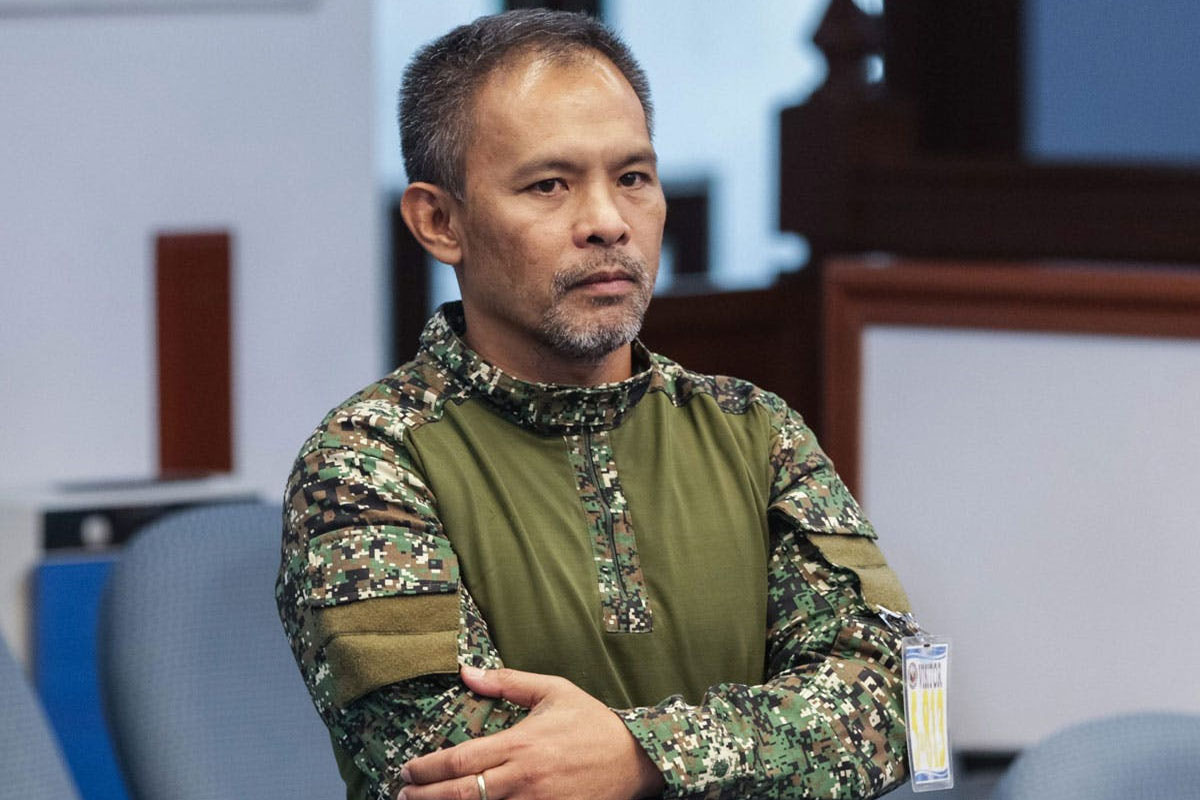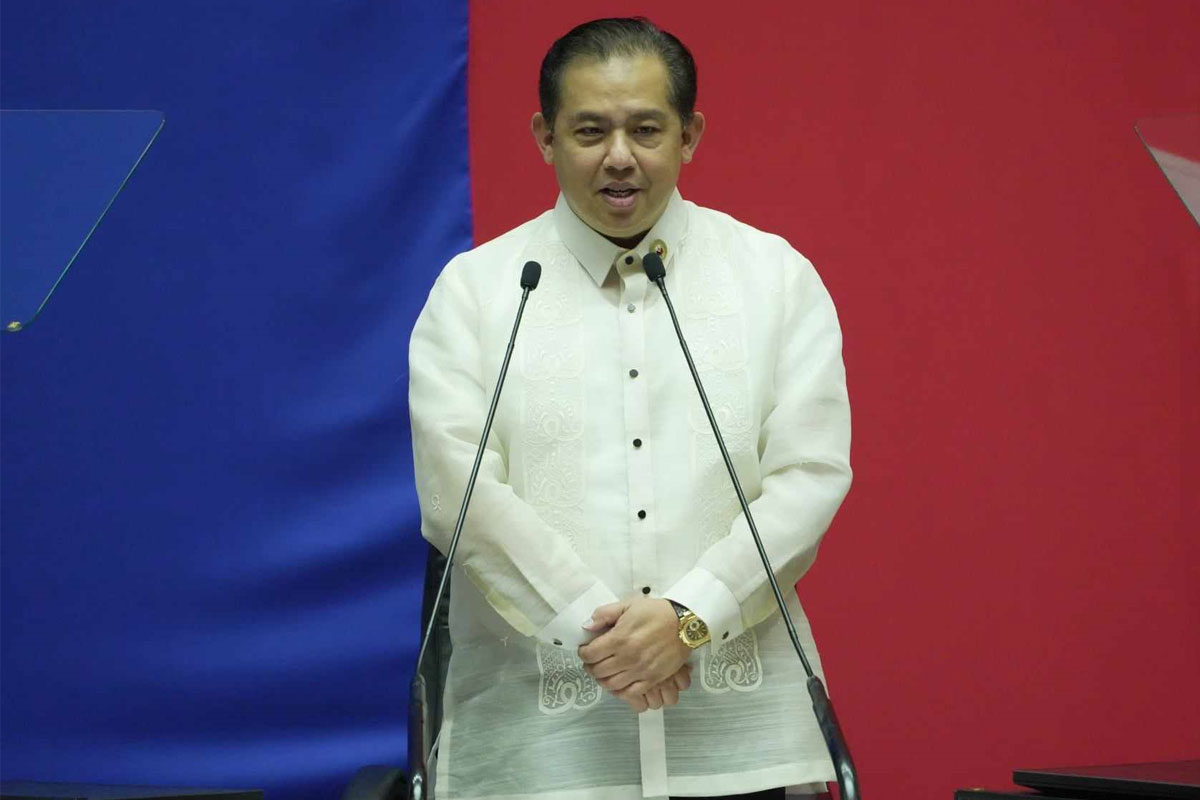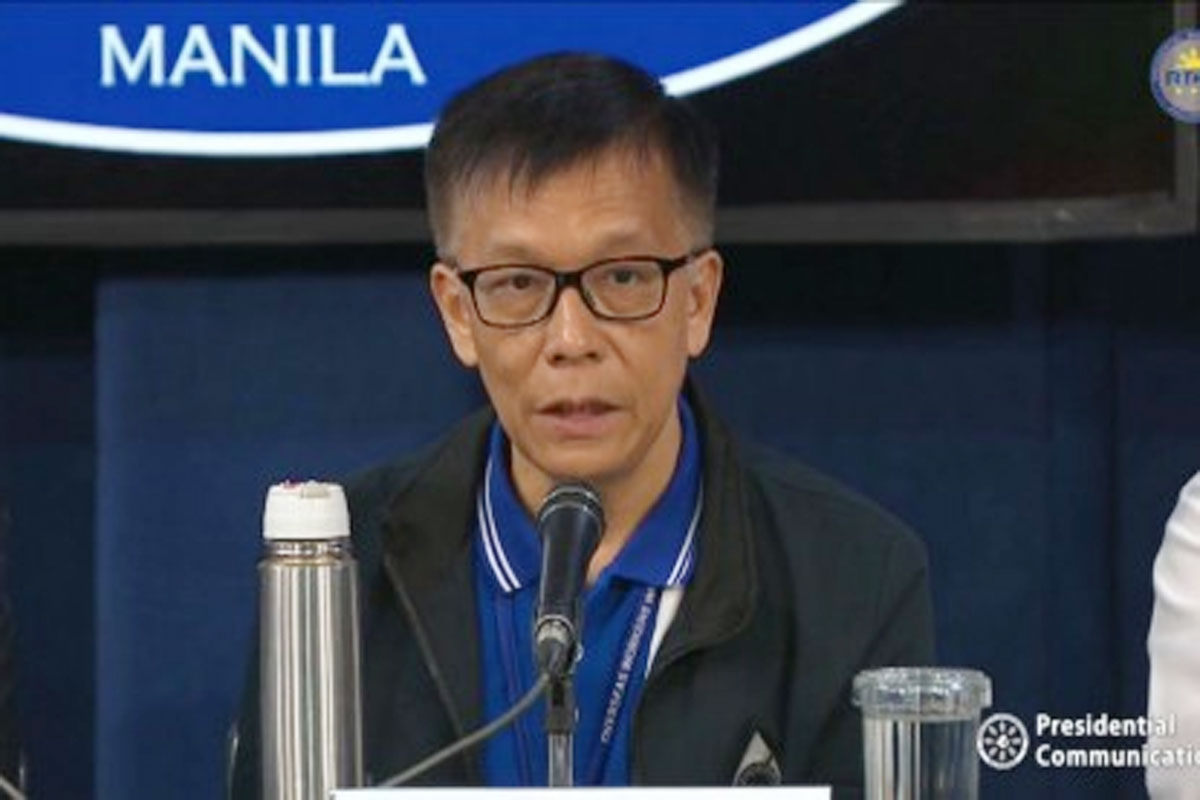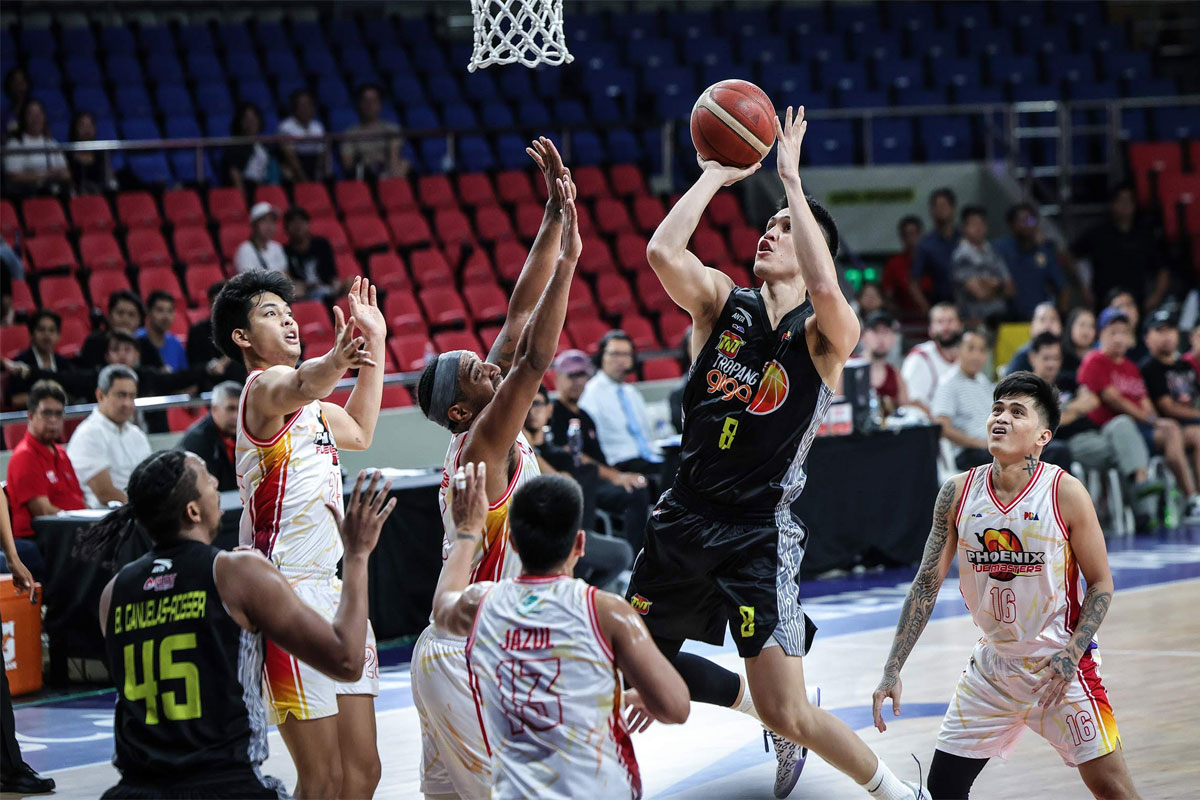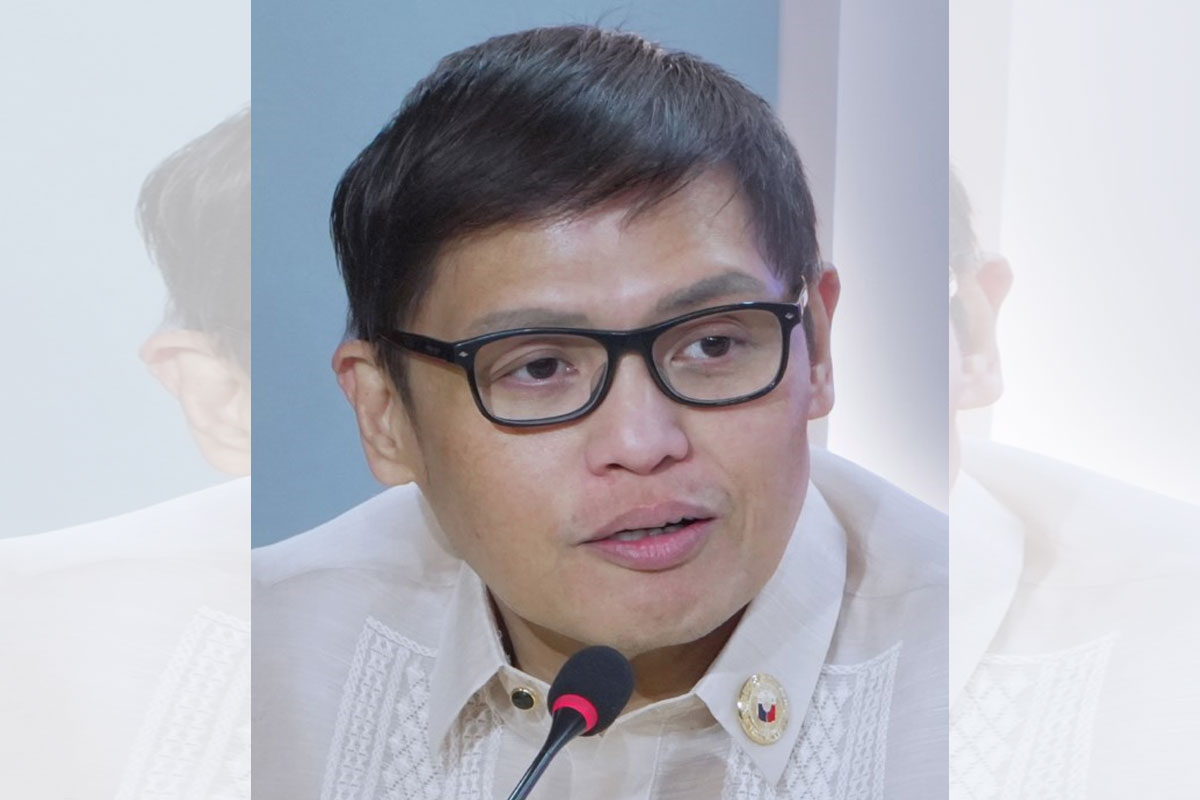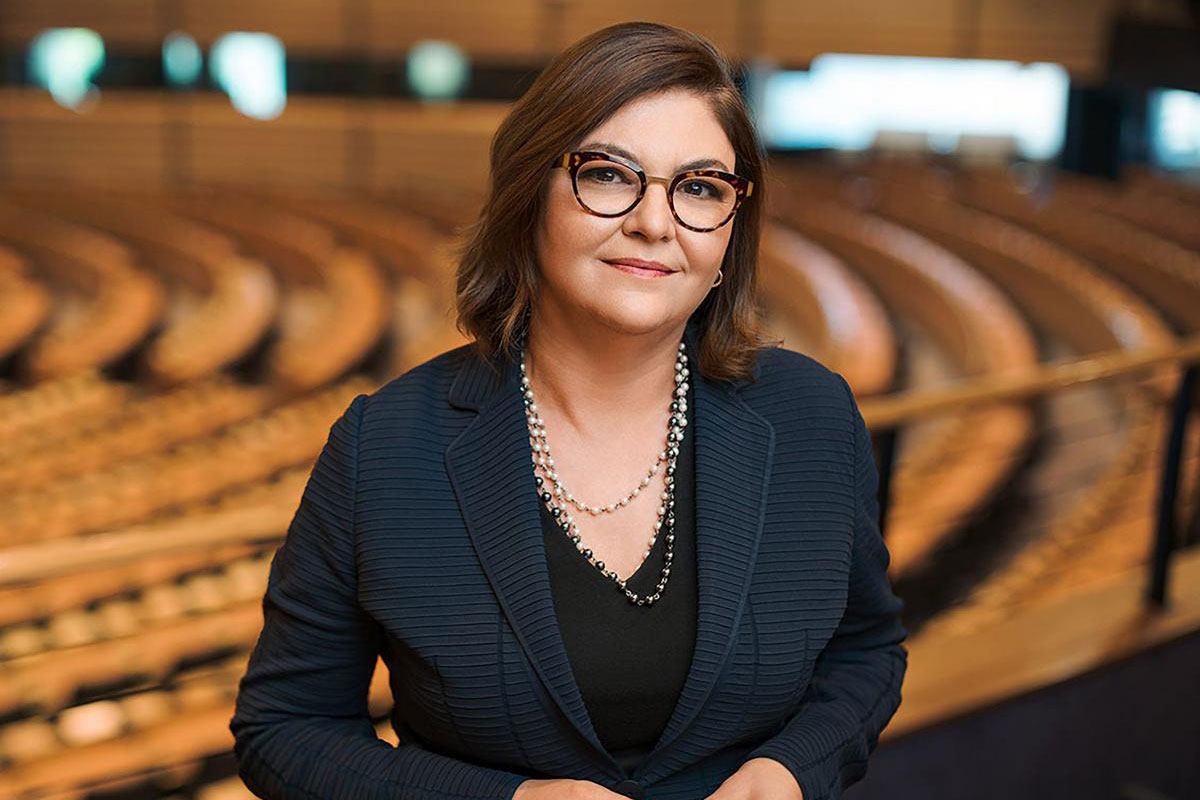
Europe to recognize Pinoy seafarers’ certificates
After PH efforts to improve system, training
DUE to the steps taken by the Philippine Government to improve the training and certification of Filipino seamen, the European Commission (EC) on Friday announced its decision to continue recognizing Philippine certificates issued to seafarers – bringing a sigh of relief to the 50,000 Filipinos currently working on EU-flagged (European Union) ships.
This, as the Philippines, one of the world’s “largest” maritime labor supply countries, has made serious efforts to comply with the requirements specified in key areas like monitoring, supervision, and evaluation of training and assessment.
“Today, the European Commission (EC) has decided to continue recognizing certificates for seafarers issued by the Philippines, one of the world’s largest maritime labor supply countries,” its Directorate General for Mobility and Transport announced.
Commissioner for Transport Adina Vălean welcomed the Philippines’ efforts to improve its system for training and certification.
“We appreciate the constructive cooperation with the Philippine authorities and welcome their efforts to improve the system for training and certifying seafarers. The Philippines provide a significant and valued part of the European and global shipping industry’s maritime workforce – indeed, with roughly 50,000 Filipino masters and officers currently working on EU-flagged ships. The Philippines can count on our technical support to further improve the implementation and oversight of minimum education, training, and certification requirements, as well as living and working conditions,” Valean said.
Vălean added in the coming months, the Commission intends to provide the Philippines with technical assistance to further improve its education, training, and certification system for seafarers, as was also discussed between President Ursula von der Leyen and Philippine President Ferdinand R. Marcos Jr., in the margins of the EU-ASEAN summit last December 2022.
In December 2021, following a detailed assessment of the training and certification system in place, the Commission informed the Philippines that recognition of their seafarer certificates would be “withdrawn” unless serious measures were taken, including compliance with the International Convention on Standards of Training, Certification and Watchkeeping (STCW) for seafarers.
In 2022 alone, the Philippines received a total of US$6.71 billion in remittances from Filipino seafarers.
The Philippines is considered the world’s primary source of maritime manpower, constituting 25% of the total number of global seafarers.
The Maritime Industry Authority of the Philippines (MARINA) welcomed the decision of the European Commission to continue the recognition of Philippine-issued STCW Certificates, thus ensuring the employment of almost 50,000 Filipino marine officers onboard European-flagged vessels.
In a statement, MARINA Administrator Atty. Hernani N. Fabia said that the “EC’s decision is a nod to the serious efforts taken by the country since the first EMSA inspection back in 2006. I thank President Ferdinand Marcos, Jr. and Department of Transportation (DOTr) Secretary Jaime Bautista for their leadership and support in all the actions of MARINA to continually improve its system and to uphold the interest of our seafarers.”
During the sidelines of the HTW9 Meeting in London last February 2023, Administrator Fabia met with representatives from the EC and relayed the strong support and commitment of President Marcos to fully comply with the requirements of the STCW Convention.
He likewise stressed that the country will sustain the implementation of all corrective actions through continued coordination among MARINA, CHED (Commission on Higher Education), DOH (Department of Health), PCG (Philippine Coast Guard), and other government agencies.
Fabia also expressed appreciation to the European Union (EU) and all countries who continue to employ Filipino seafarers. He said that “their trust and confidence in Filipino seafarers is something that the country values, and as such, all efforts will be made to ensure that we continue to provide them with [a] globally competitive and highly-skilled maritime workforce.”
The EMSA (European Maritime Safety Agency), on behalf of the EC, carried out a total of 13 inspections of the maritime education, training, and certification system of the Philippines from 2006 to 2020. As provided for by the STCW Convention, the EC may conduct an evaluation of the STCW compliance of non-EU member countries prior to recognizing the certificate of their seafarers and allowing them to work onboard EU-flagged vessels.
The EC said the Philippines “demonstrated concrete progress and improvement in complying with the requirements of the STCW Convention.”
“The outcome of the analysis allows the EU to extend the recognition of the Republic of the Philippines STCW system,” it said.
Transport chief Jaime J. Bautista said EC’s decision confirms that the DOTr and MARINA adequately addressed many of the findings by EMSA, adding that MARINA worked relentlessly with other stakeholders to address the findings in the EMSA final inspection report of March 2021 as well as EC’s assessment report of December 2021.
According to Bautista, over 49,000 Filipino marine officers and their families stand to gain from EC’s decision.
The EC said that while the Philippines continues to enjoy such recognition, some issues still need to be addressed.
Bautista assured the EC that the Philippines, through the DOTr and MARINA, will address the issues raised by the Commission.
“We commit to (addressing) the remaining areas identified by EC that require further improvement,” Bautista said.
The transport chief also welcomed EC’s offer of technical assistance to further improve the implementation and oversight of minimum education, training, and certification requirements as well as the living and working conditions of Filipino seafarers. BY CRISTINA LEE-PISCO & JUN I. LEGASPI








